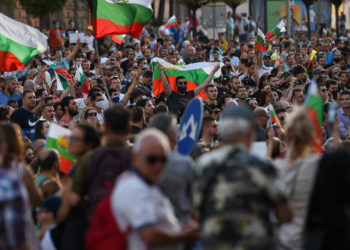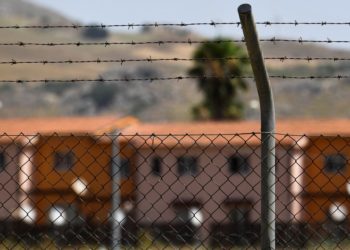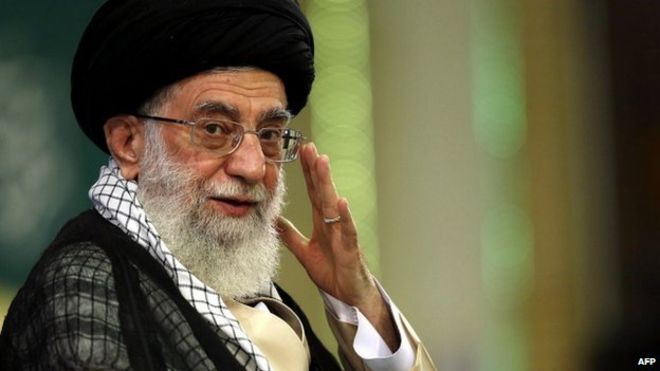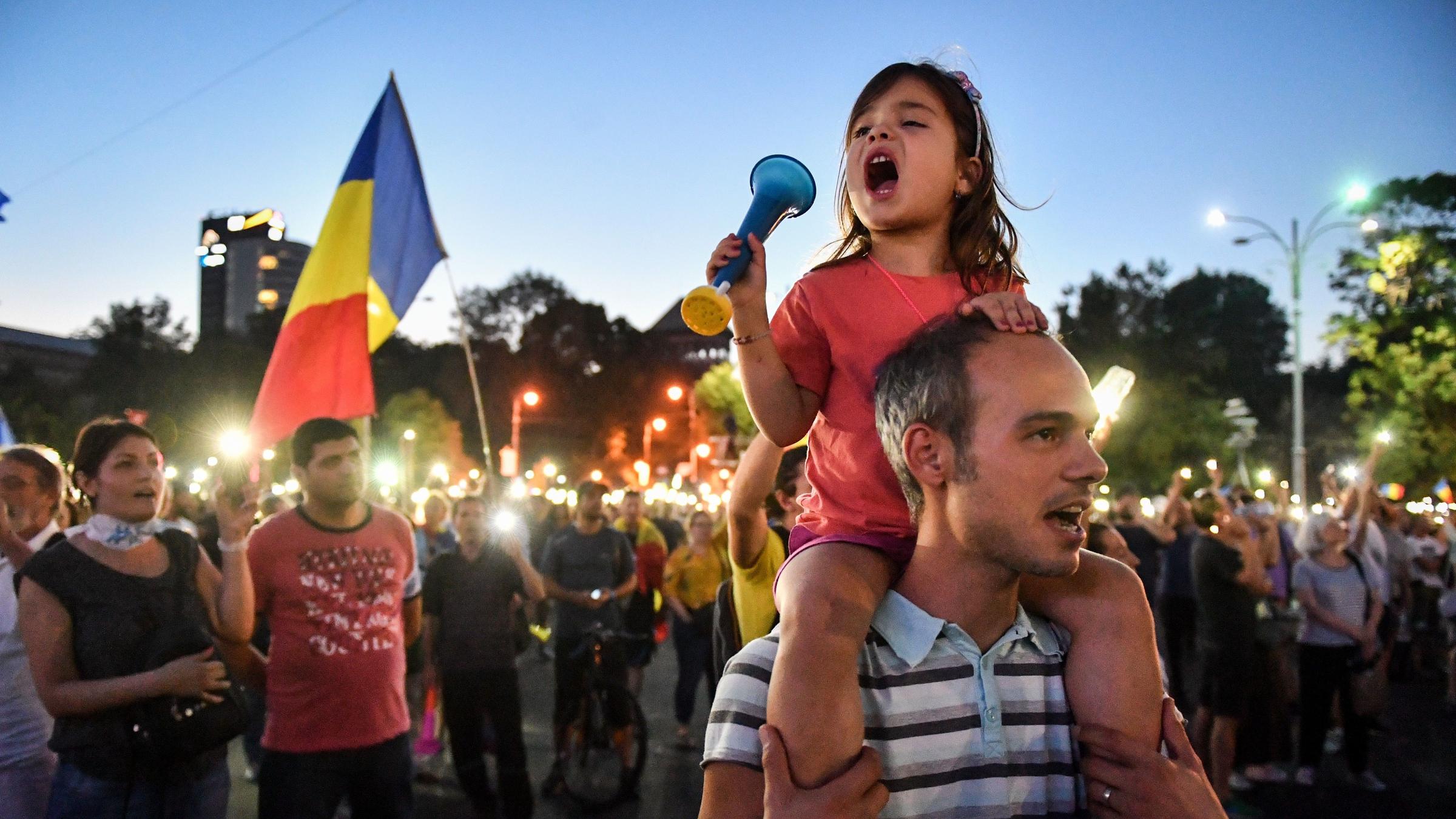Bulgarians will go to the polls for the third time in seven months this Sunday. The last time a European country witnessed such a frequency of elections was in 1920 when Denmark held three parliamentary elections within five months.
In Bulgaria, the first 2021 vote was a regular election. Most of the votes went to the electoral alliance between then-incumbent Citizens for European Development of Bulgaria (GERB) and the Union of Democratic Forces (SDS). But the fragmented parliament could not form a government since all other parties refused to cooperate with the winners.
The runner-up (There is Such a People-ITN), a populist party established by a popular singer and TV host, did not even attempt to put together a parliamentary majority. A new vote was scheduled for July 11.
As expected, the results hardly differed from the April vote. ITN surpassed GERB-SDS with only 0.57 percent. Again, no party or alliance commanded a parliamentary majority. GERB-SDS’ opponents entered into lengthy ITN-led negotiations but failed to reach a consensus.
Instability of Bulgaria’s Party System
The task of the third round of elections this weekend will be not only to break this stalemate but also to elect a new president.
Polls indicate some change in public opinion. The high initial popularity of ITN declined at the expense of a new electoral alliance: We Continue the Change (PP), created by the previous caretaker government’s ministers of economy and finance.
The shift in preferences signals the continuing instability of the Bulgarian party system.
Looking at all European democratic party systems since 1848, two of this piece’s authors identified four factors that play a particularly prominent role in undermining the consolidation of party politics.
Applying this model to Bulgaria can help place the current developments in perspective.
Party Systems in Flux
Based on the investigation of 47 European party systems in 171 years, we concluded that when (1) citizens are dissatisfied with democracy, social protests are at the order of the day and legislatures are cut short, (2) organizational weak and not socially rooted parties come and go, (3) the number of “effective” parties in parliament is higher than four, (4) and anti-political-establishment (such as populist and radical) parties manage to attract substantial electoral support (10 percent or more), voters are unable to choose among clear and well-established government alternatives and party systems remain in flux. This makes the process of government formation a nightmare.
This logic is well applicable to Bulgaria.
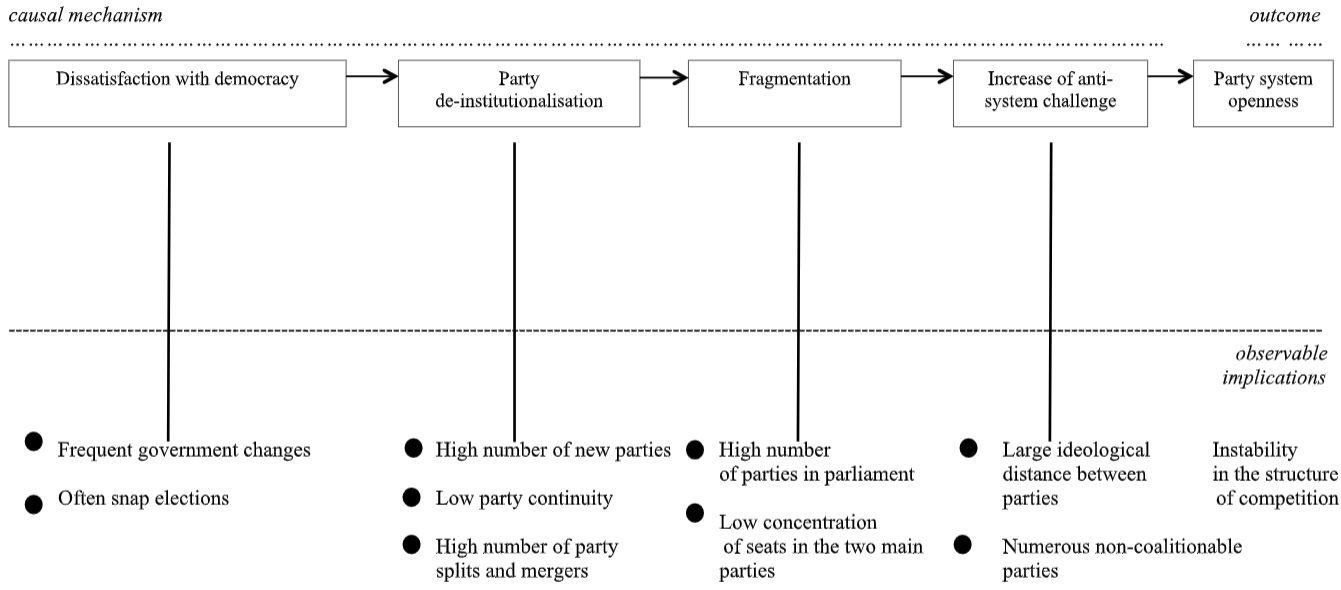
Post-Communist Bulgarian Politics: Endemic Instability
The history of Bulgarian party politics since the 1990 transition to democracy can be summarized in one word: instability.
Bulgaria’s democracy has remained semi-consolidated, citizens’ dissatisfaction with democracy has grown over the years, and political parties lack legitimacy to the point that out of the nine political forces currently in parliament, only one (the Socialists) uses the denomination “party.”
Similarly, out of those nine, only three (Bulgarian Socialist Party, SDS, and pro-ethnic-minorities Movement for Rights and Freedoms) were in existence during the first free and fair elections 31 years ago.
The appearance of new parties formed just before elections (National Movement Simeon the Second, GERB, and ITN) has been a constant since 2001, when the initial post-communist versus pro-democratic competition structure was replaced with a more complex party system configuration.
Since then, the average level of parliamentary fragmentation has been higher than four. The number of “relevant” legislative parties reached five in the current parliamentary assembly.
Most of those new parties have also had an anti-establishment character. If the proportion of votes going to anti-establishment parties is taken as the indicator of polarization, Bulgaria ranks as the second-most polarized party system in post-communist Europe.
Averaging the 1991-2021 period, parties considered anti-establishment or anti-system collected nearly a quarter of the vote. This is one of the highest figures in the entire dataset that starts with the 1848 Second French Republic and ends with the currently functioning systems.
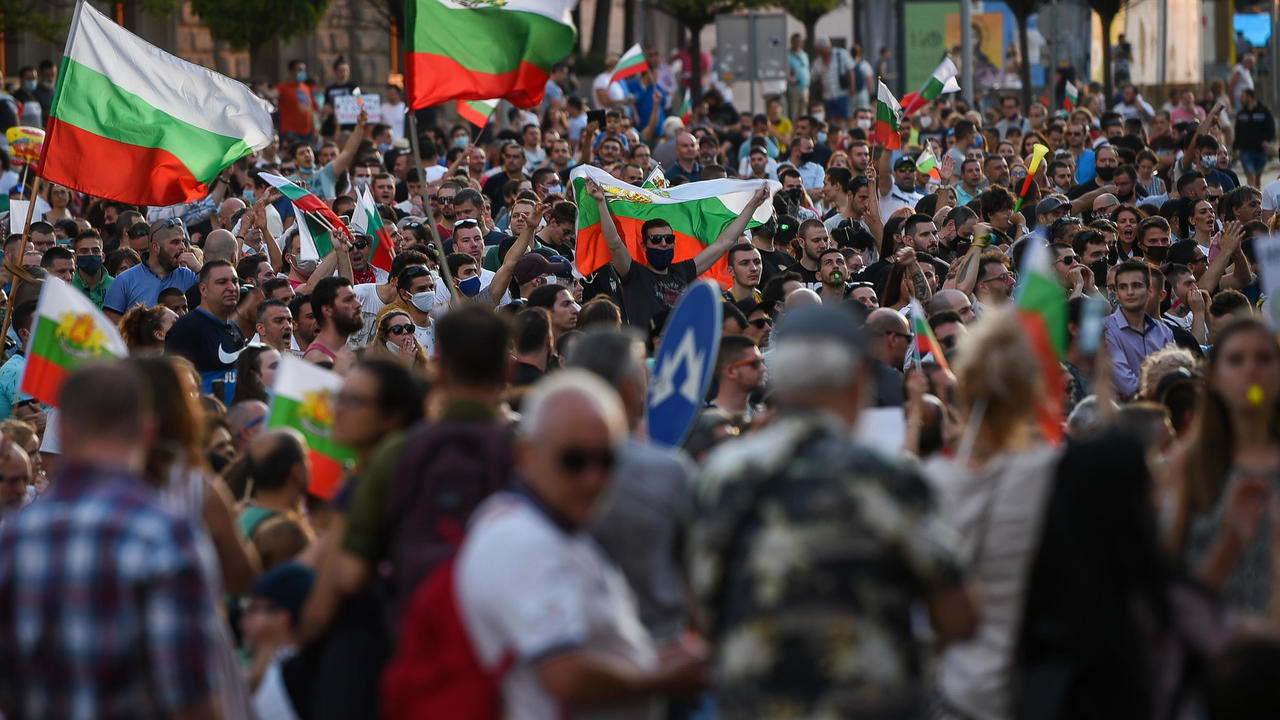
‘Plus ça Change’ in Bulgaria
What can the third elections within a year bring? Considering that the prospects for change when elections are held so close in time are pretty low, no radical improvements are to be expected.
While parties may be able to put together a coalition that can take over the executive, citizens will keep blaming parties for taking them to the polls unnecessarily and ignoring their preferences.
Like the new PP coalition, most parties will continue to have a personalistic character, remaining under-institutionalized. The number of parties with parliamentary representation will continue to grow, with PP currently polling at more than 13 percent. The anti-establishment nature of parties — such as ITN, Stand UP.BG!, We Are Coming!, and other minor forces like Revival and Ataka — assure the continuation of polarization. This hinders stable and predictable party relations and makes the process of government formation vulnerable.
Apparently, the third time is not always lucky.
Disclaimer: The views and opinions expressed here are those of the author and do not necessarily reflect the editorial position of The Globe Post.



